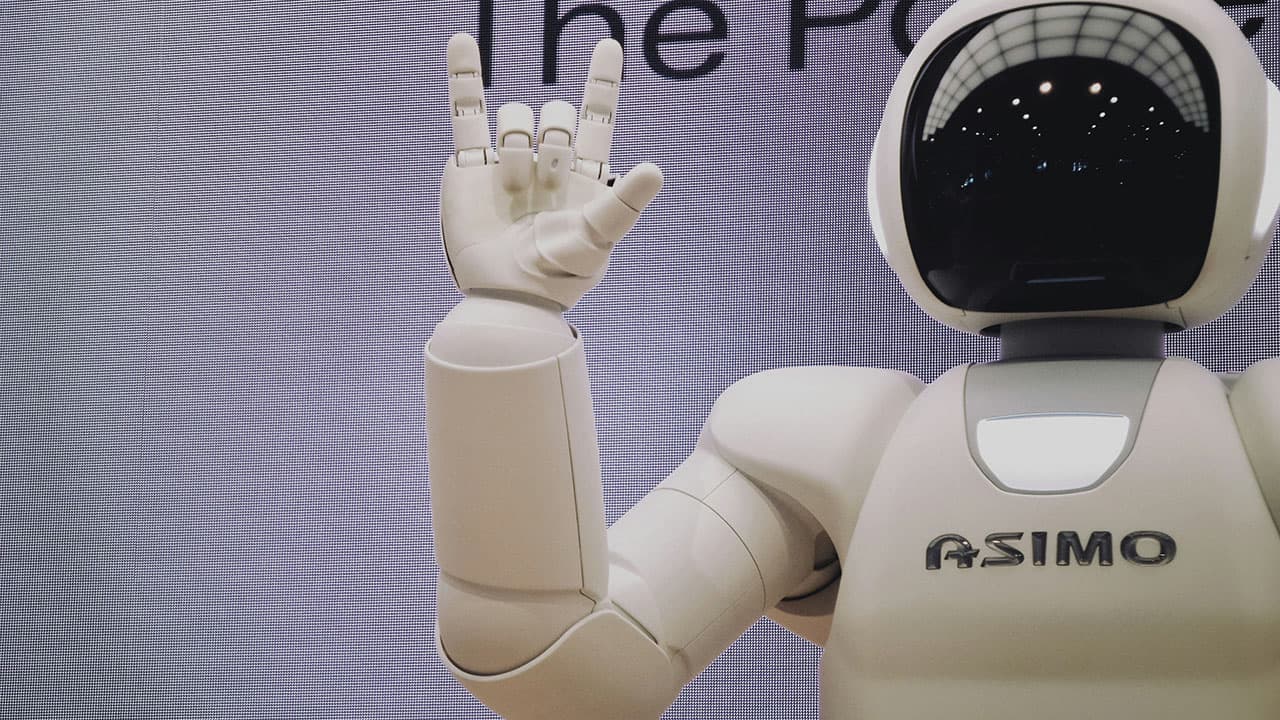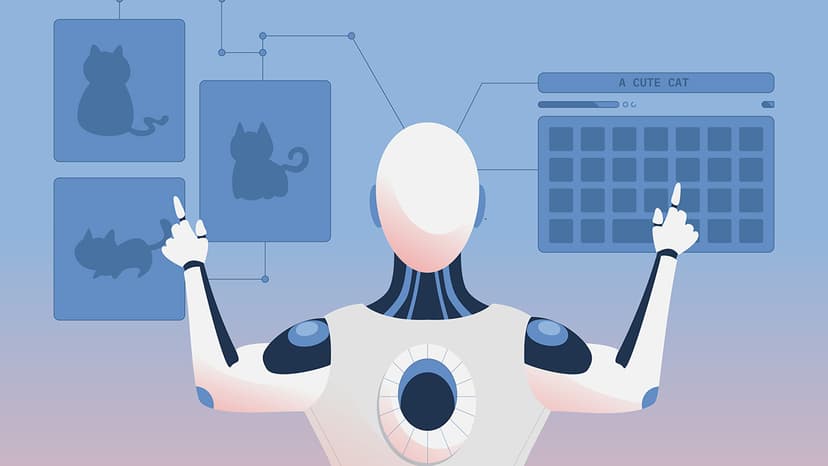The History of Artificial Intelligence: Evolution of Intelligent Machines
Artificial Intelligence (AI) is a transformative technology that simulates human intelligence. It performs complex tasks and impacts various industries like healthcare, finance, and entertainment. The journey of AI is long and fascinating. This article explores its origins, significant milestones, and advancements.
Origins of Artificial Intelligence
The concept of AI dates back to ancient myths depicting artificial beings with human-like qualities. The mid-20th century marked the beginning of AI as a scientific discipline. The term "artificial intelligence" was coined by John McCarthy at the Dartmouth Conference in 1956, marking the field's official inception.
The Dartmouth Conference
The Dartmouth Conference gathered leading researchers from diverse fields, including computer science and cognitive psychology. The goal was to explore creating an artificial system that could mimic human intelligence. While the initial objectives were ambitious, the conference laid the groundwork for future AI research.
Early AI Approaches
In the 1950s and 1960s, researchers focused on symbolic or rule-based approaches to develop AI systems. These early programs aimed to represent knowledge and rules explicitly. A notable achievement was the Logic Theorist, created by Allen Newell and Herbert A. Simon in 1956. It was capable of proving mathematical theorems using logical rules.
The Logic Theorist
The Logic Theorist was a major milestone in AI research. It demonstrated that computers could perform tasks previously thought to require human intelligence. Nonetheless, symbolic approaches had limitations, particularly in dealing with real-world problems that involved uncertainty.
The Rise of Machine Learning
In the 1980s, AI research shifted towards machine learning approaches. These aimed to enable computers to learn from data and improve performance over time. Machine learning algorithms allowed AI systems to extract patterns and make predictions without explicit programming.
A key development in AI was the emergence of expert systems. These systems utilized a knowledge base and rules to simulate human expertise in specific domains. Expert systems gained popularity in the 1980s, particularly for medical diagnosis and financial analysis.
Expert Systems
Expert systems showcased the practical applications of AI. They relied on explicit knowledge representation but struggled with complex situations. This contributed to a decline in AI interest during the 1990s.
The AI Renaissance: Deep Learning and Big Data
The early 2000s saw a resurgence in AI interest, driven by advancements in computing power and data availability. Deep learning, a subfield of machine learning, emerged with neural networks learning hierarchical representations. These neural networks led to breakthroughs in image recognition, natural language processing, and speech synthesis.
Deep Learning
Deep learning algorithms, including Convolutional Neural Networks (CNNs) and Recurrent Neural Networks (RNNs), achieved remarkable results across various domains. They contributed to advancements in autonomous vehicles, medical imaging, and language translation. The availability of data and efficient processing capabilities were crucial for deep learning's success.
The Current Landscape and Future Directions
Currently, AI is integrated into daily life. Virtual assistants, recommendation systems, and autonomous machines exemplify AI's capabilities. The rapid progress in AI raises discussions about ethical implications, privacy concerns, and impacts on the job market.
Researchers are exploring explainable AI, reinforcement learning, and quantum computing to expand AI's potential. AI continues evolving, promising solutions to complex problems and driving innovation across industries.
The history of AI reflects human creativity and the drive to create intelligent machines. From ancient myths to scientific breakthroughs, AI has made significant strides. As we look to the future, it is important to acknowledge its past while focusing on what lies ahead.












